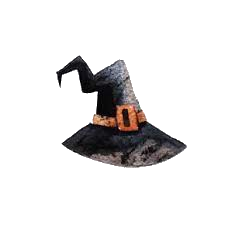

I definitely don’t like the obnoxious copyright system in the USA, but what the IA did seems obviously wrong.
The publisher-plaintiffs did not prove the “obvious wrong” in this case, however US-based courts have a curious standard when it comes to the application of Fair Use doctrine. This case ultimately rested on the fourth, most significantly-weighted Fair Use standard in US-based courts: whether IA’s digital lending harmed publisher sales during the 3-month period of unlimited digital lending.
Unfortunately, when it comes to this standard, the publisher-plaintiffs are not required to prove harm, rather only assert that harm has occurred. If they were required to prove harm they’d have to reveal sales figures for the 27 works under consideration–publishers will do anything to conceal this information and US-based courts defer to them. Therefore, IA was required to prove a negative claim–that digital lending did not hurt sales–without access to the empirical data (which in other legal contexts is shared during the discovery phase) required to prove this claim. IA offered the next best argument (see pp. 44-62 of the case document to check for yourself), but the data was deemed insufficient by the court.
In other words, on the most important test of Fair Use doctrine, which this entire case ultimately pivoted upon, IA was expected to defend itself with one arm tied behind its back. That’s not ‘fair’ and the publishers did not prove ‘obvious’ harm, but the US-based courts are increasingly uninterested in these things.
edited: page numbers on linked court document.



Spare a thought for the users with accounts who upload content to IA for you to enjoy.